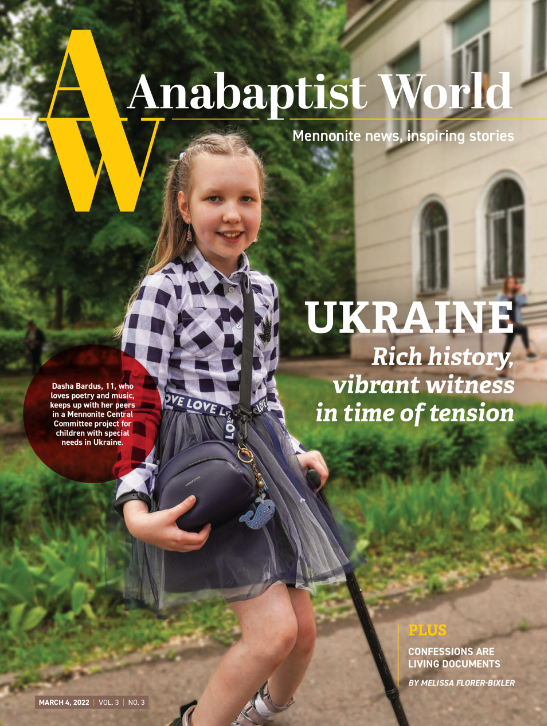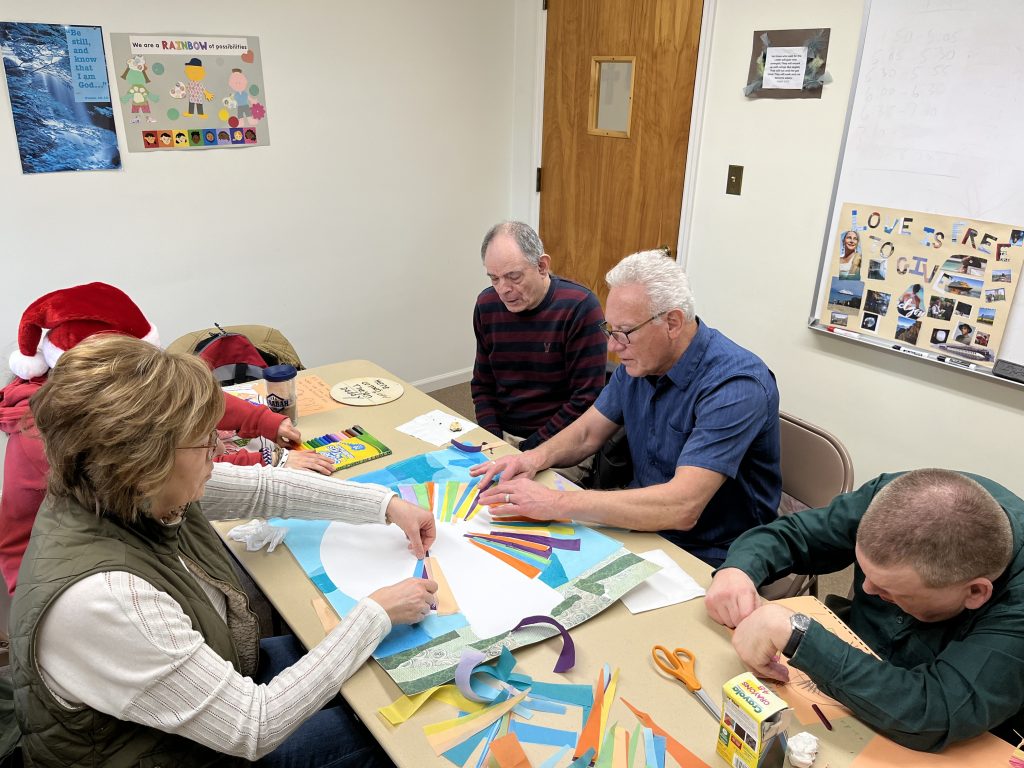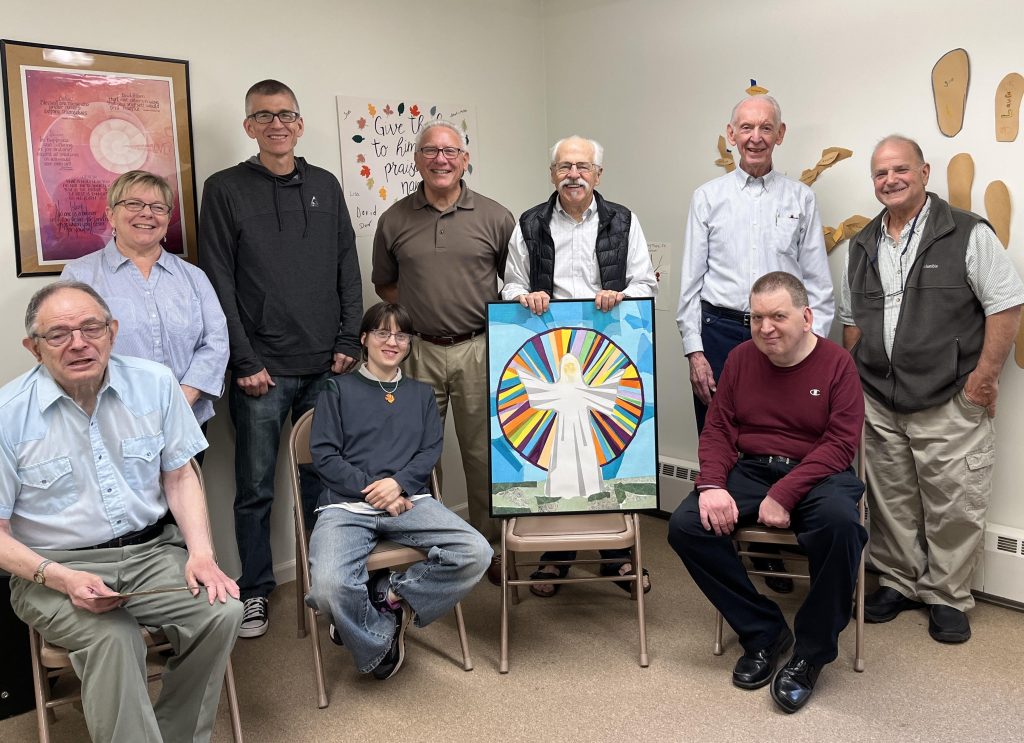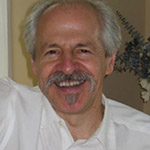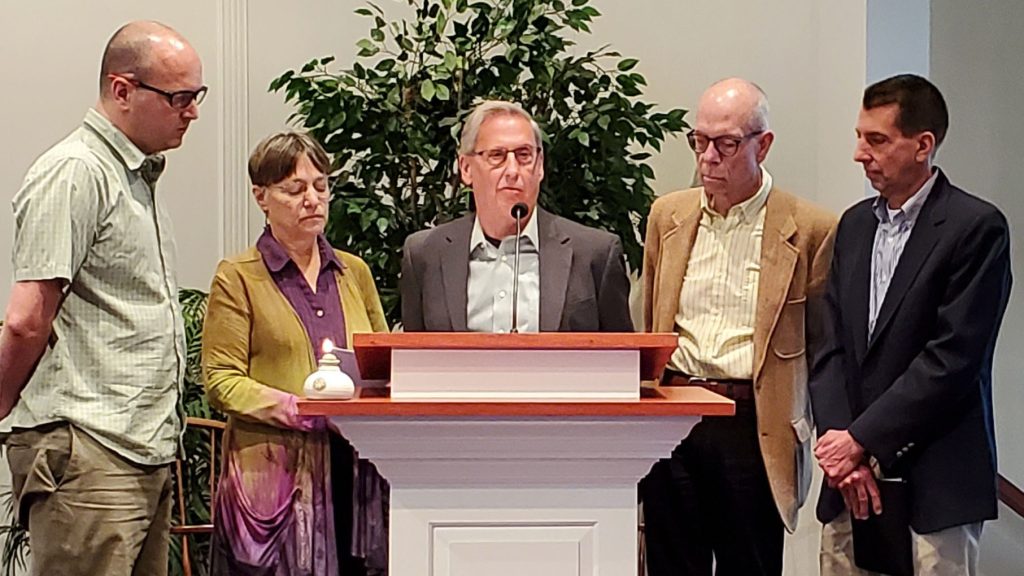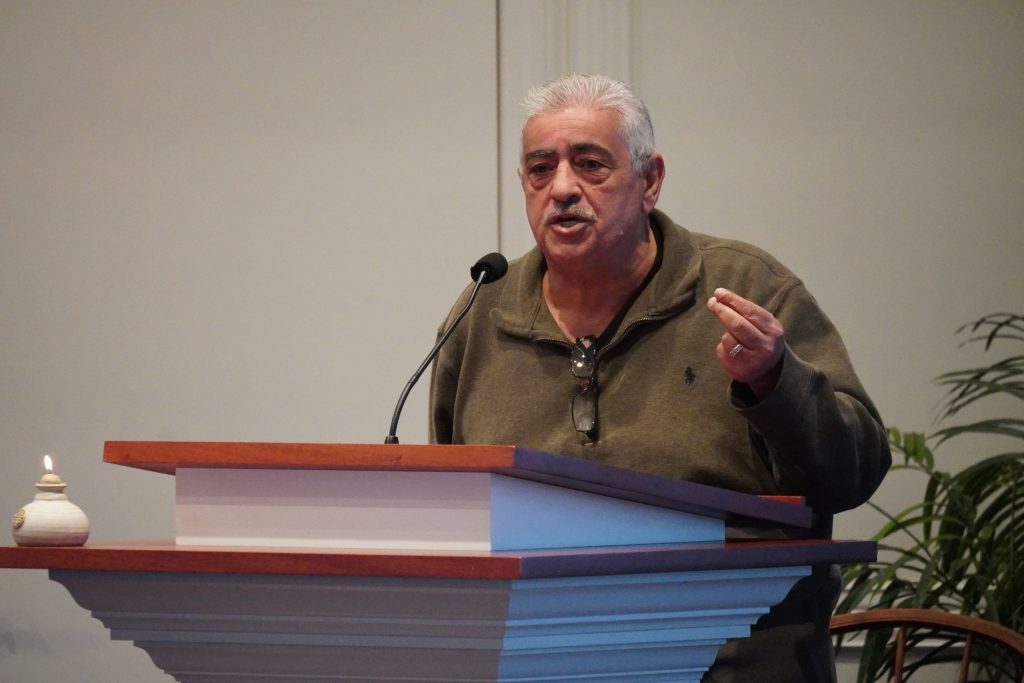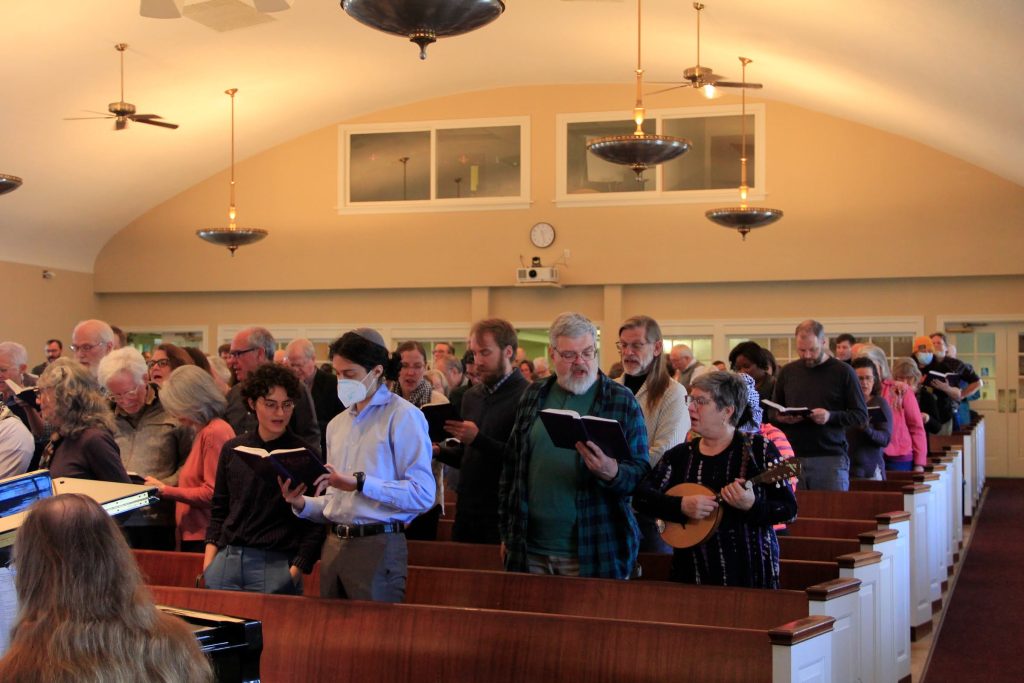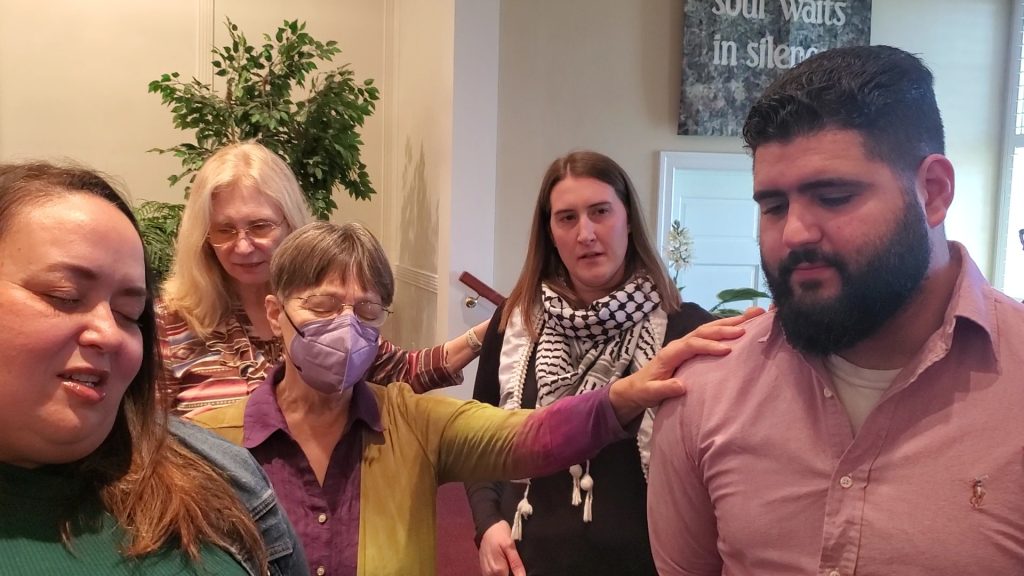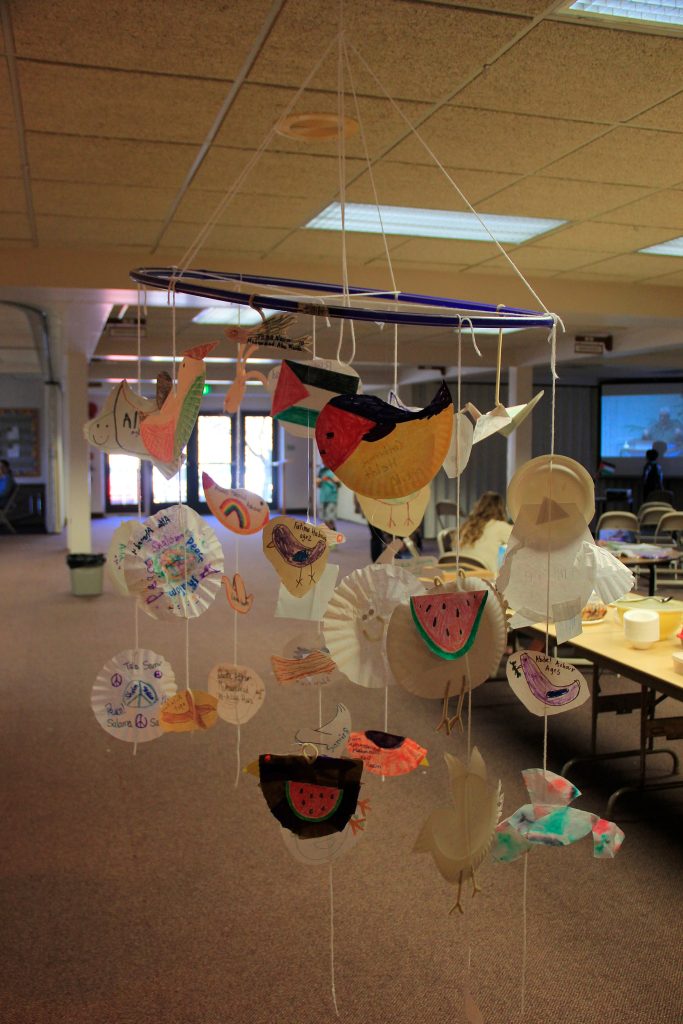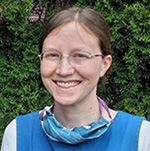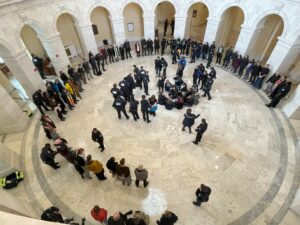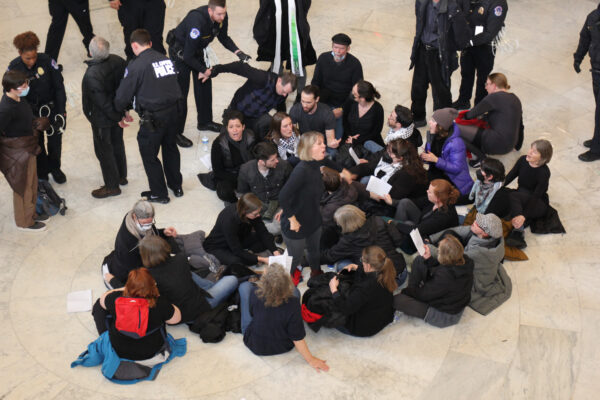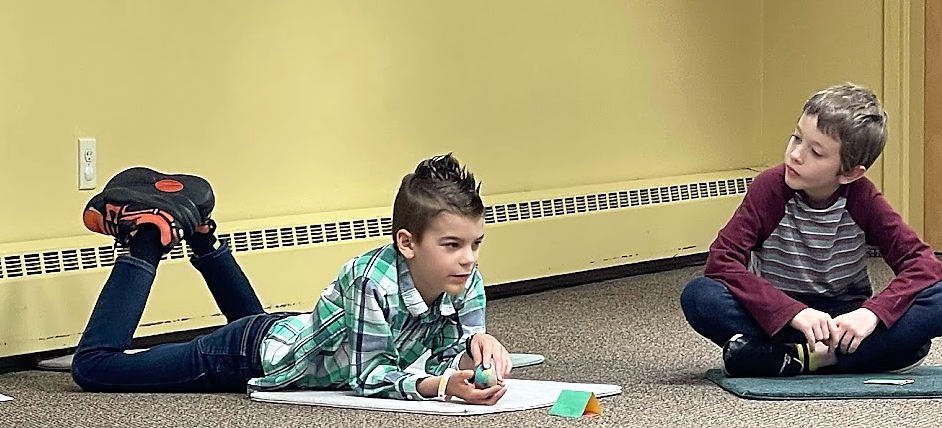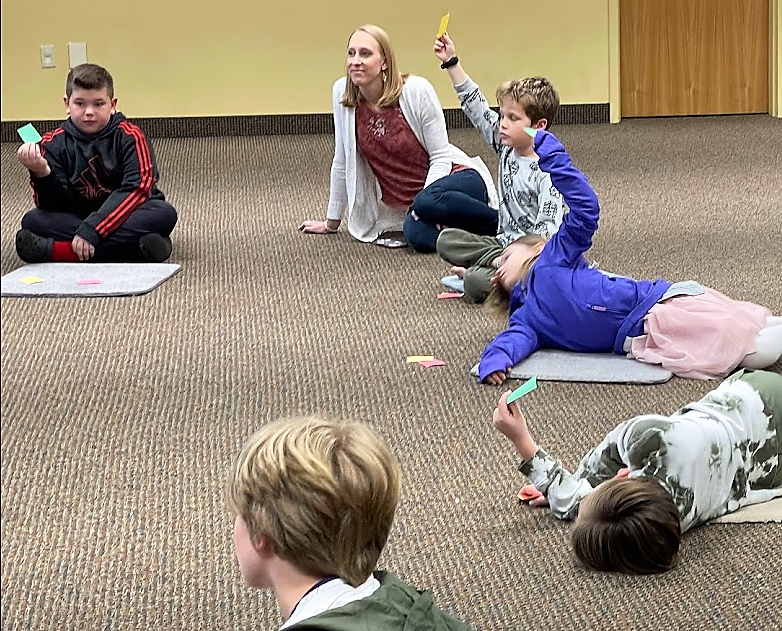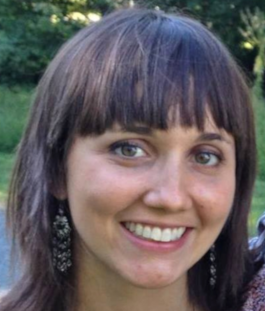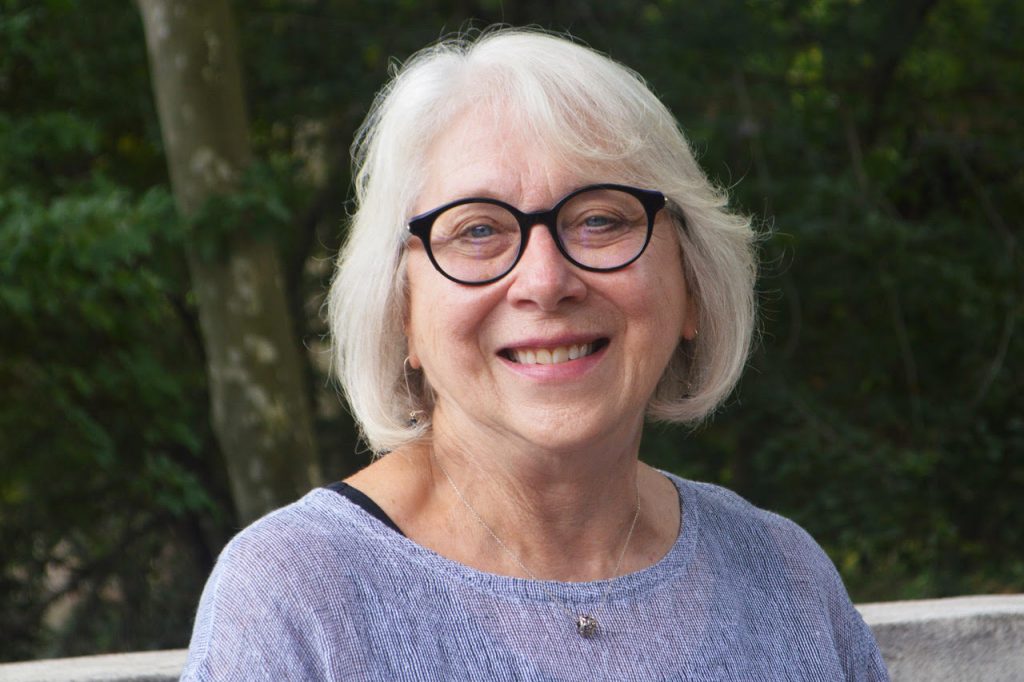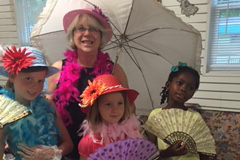by Rachel Mateti
The fall 2024 Peace Nights were funded in part by a Mosaic Conference Missional Operations Grant (MOG) requested by Salford (PA) Mennonite. The grant helped to cover expenses for food, supplies, and transportation for the Mosaic youth groups who participated.
This fall, youth from around the southeastern PA congregations of Mosaic Conference have the unique opportunity to come together to learn about the peaceable way of Jesus through fellowship, formation, worship, and games.
The original idea for the Fall 2024 series of four Peace Nights was a collaboration between Ambler (PA), Salford (PA), Zion (Souderton, PA), Whitehall (Allentown, PA) and Plains (Hatfield, PA), with the support of Mosaic’s youth formation team.
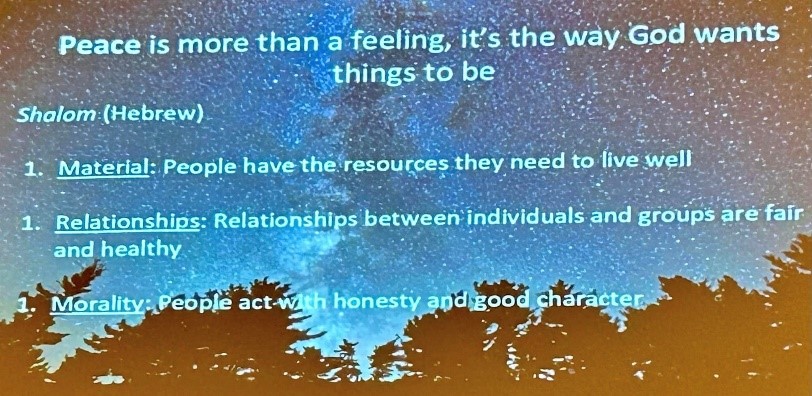
The first Peace Night of the series took place in September at Zion, on the theme of Peace with God. Around 70 persons were in attendance, including youth and leaders from the above-named congregations and Souderton (PA), Ebenezer (Souderton, PA), Indonesian Light Church (Philadelphia, PA), and Deep Run East (Perkasie, PA). The second meeting took place on October 6 at Plains with the theme “Peace with Self.”
“The idea for Peace Nights started as a way for churches in southeastern PA in Mosaic Conference to share resources and provide programming for youth faith formation,” shares Andrew Zetts, Associate Pastor of Youth and Outreach at Salford.
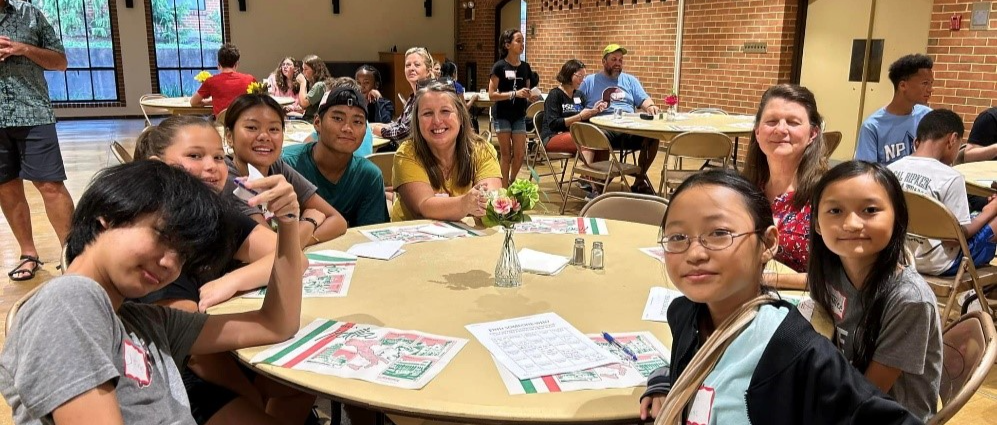
“As I ran the idea by other Conference youth leaders, a few goals emerged. In addition to sharing resources and gathering a critical mass of youth in one place, we wanted to live into Mosaic’s intercultural priority and bring youth from various geographic and socioeconomic backgrounds together to develop meaningful relationships; and to teach peace theology as a foundational part of living out the ways of Jesus.”
At Plains, the youth group is small but growing, with grades 6-12 together. It can be hard to provide spiritually invigorating activities for a large age range. Peace Nights are one of the few places they can interact with other Mennonite peers in a church setting.
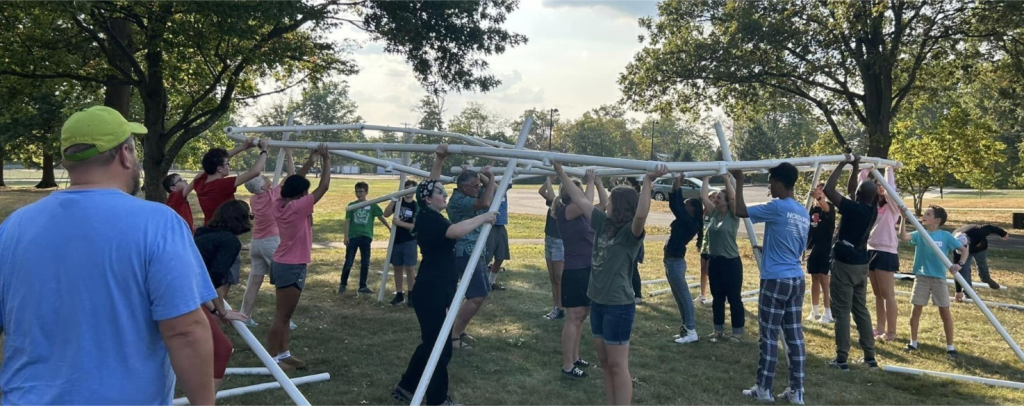
Instead of one shared culture, multiple cultures are represented at Peace Nights. Instead of most kids knowing each other, the majority are meeting for the first time. Awkwardness abounds, but a willingness to participate has prevailed. Through games like 9 squares (provided by Bloomin Glen [PA] Mennonite), and “Get -to-Know-You” Bingo (crafted by Andrew Zetts) youth have opportunities to make connections while having fun. Good food energizes everyone to talk and fellowship around tables deepens relationships.
Loud voices singing together in worship has been a blessing. Youth seeing other youth singing boldly invigorates the whole group and creates a spirit of readiness for our teaching time. Teaching is followed by discussion groups that give youth a chance to come together and internalize the message they have heard. It is beautiful to observe.
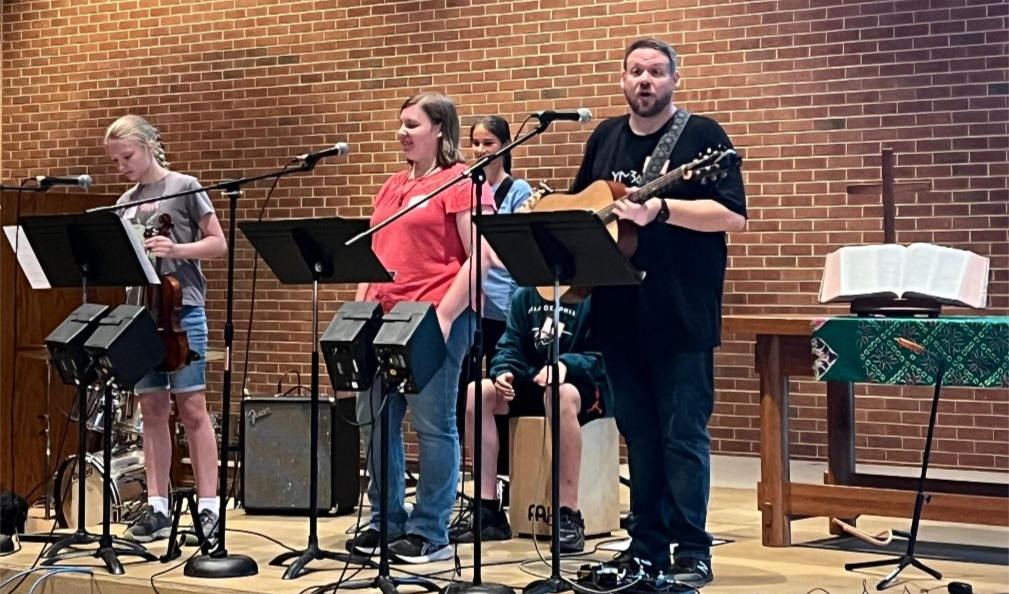
As Andrew Zetts shared, Peace Nights have a many purposes (sharing of resources, teaching peace theology, making connections outside our own congregations) but I also see Peace Nights as a place for youth to belong. Even those who might have held back in the beginning of our gathering seem to find their place throughout the night.
Being Mennonite in our modern world can sometimes make a person stick out or feel different. Being a Christian youth can also feel alienating at times. Finding a place of belonging is, therefore, vital in keeping our youth engaged, connected, and inspired to follow Jesus.
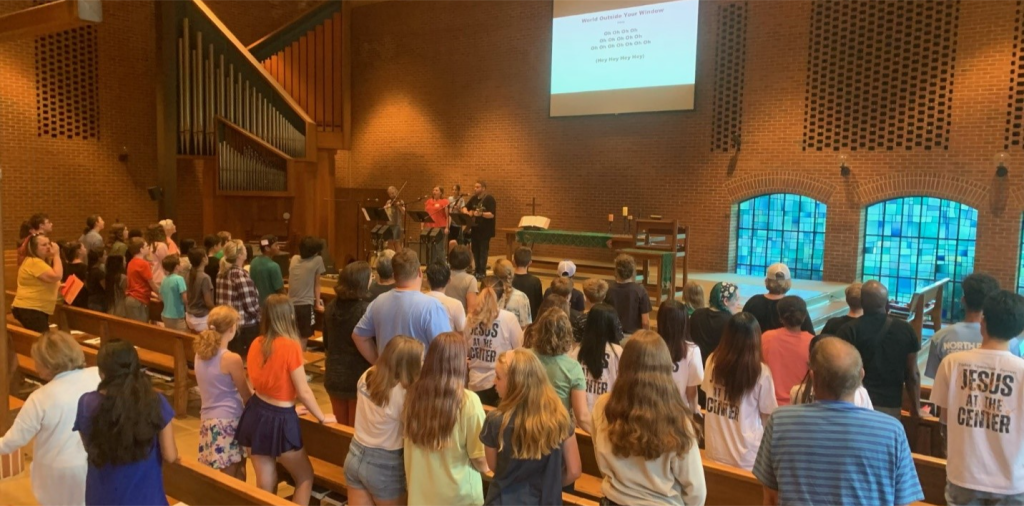
The third Peace Night took place at Zion on Saturday, Nov. 9, 5-7:30pm; the theme was Peace with Creation. Our last gathering will be on Sunday, December 8 at Plains where we will look at Peace with Others; all Mosaic youth in 6th-12th grade and their youth leaders are invited to join us.
Plans for future gatherings in 2025 are underway and will be shared with congregations soon. As a leader, I am encouraged to see this vision come to fruition and to hear other leaders express their sense of energy and hope for the future of these gatherings.
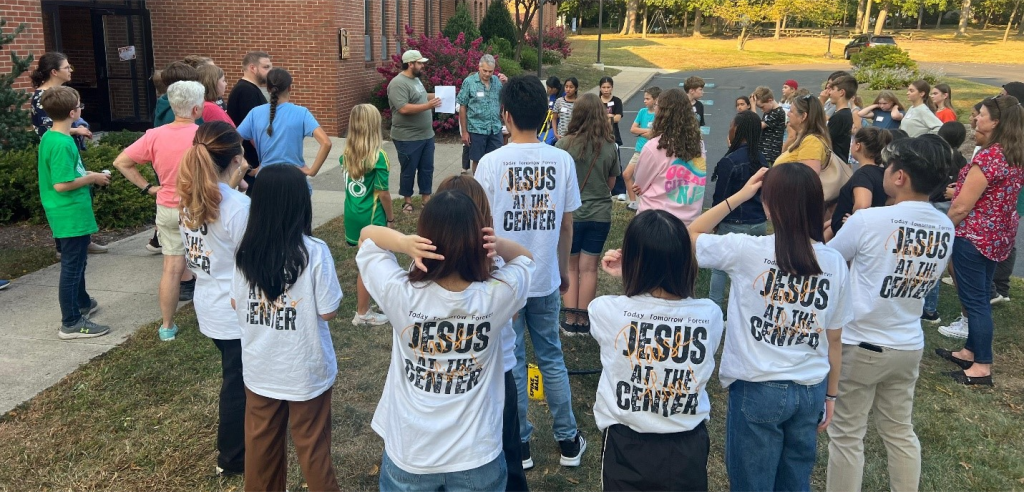

Rachel Mateti
Rachel Mateti is the Children and Youth Minister at Plains Mennonite (Hatfield, PA). She is married with three kids and lives in Telford, PA. She enjoys reading when she finds the time and recently picked up running as a hobby.

